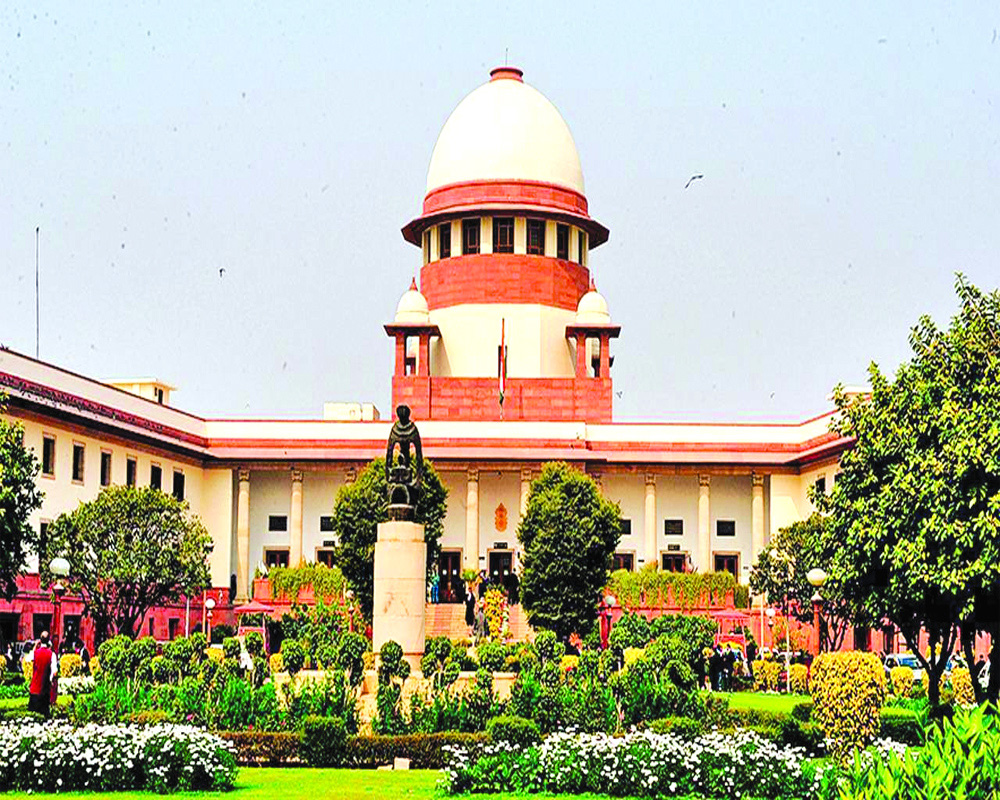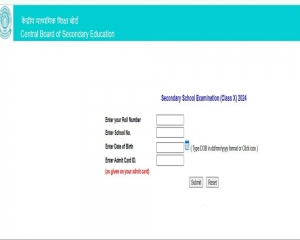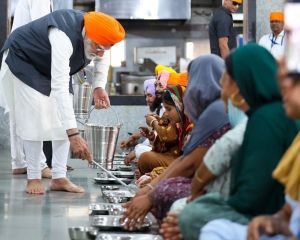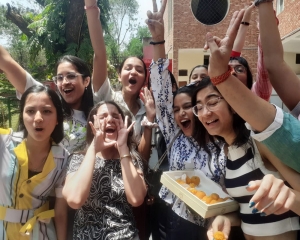The misuse of public interest litigations adversely affects the democratic process and undermines the credibility of the judicial system
PPublic Interest Litigation (PIL) was introduced in Indian jurisprudence in the 1970s. Justice Bhagwati of the Supreme Court, who is considered the father of PILs, had imagined it to act as a noble legal concept for providing access to justice for the poor and marginalized. Technically a PIL is the power that is given to the public by the court via judicial activism. However, the party that introduced the PIL needs to prove the intent behind it. The party needs to show that the PIL affects the public at large and that a particular case isn’t just some random litigation for personal gain or a case to solve any personal agitations.
Essentially, the concept of PILs was introduced to enable individuals or groups to file lawsuits on behalf of the “public interest”. Since its introduction, there have been notable instances where PIL has been an important tool for social change in India and has been used to address a wide range of issues, including environmental protection, human rights, and corruption. However, a more dominant trend has taken hold, and “public interest” is now being substituted for ‘private’ and ‘political’ interests.
No matter how much progress PILs have brought to the Indian Judicial system, we cannot unsee the flip side of the coin at any cost as PILs are being abused a lot nowadays. Many PIL activists in India have been using the PILs as a handy tool for harassing the judicial system.
To counter the misuse of PILs, in 2010, the Supreme Court issued guidelines for filing PILs, which included the requirement of the petitioner to disclose their identity, the source of funding, and the reason for filing the PIL. However, despite these measures, PIL Petitioners have devised new ways to flout these guidelines, by making filings through proxy representatives and by maintaining ostensible albeit not real degrees of separation. These motivated PILs often target government officials or other powerful individuals to harass and intimidate them or to derail important government initiatives.
Glaring examples
In 2018, the Supreme Court dismissed a PIL which demanded a probe by a Special Investigative Team (SIT) into the death of BH Loya, a Judge presiding over the Central Bureau of Investigation Special Court in Mumbai. He was hearing one of the most high-profile cases in the country, involving the allegedly staged encounter killing of Sohrabuddin Sheikh in 2005. The case had obvious political overtones in as much as the prime accused in the case was the present Home Minister of India.
Again, in 2016, a PIL was filed in the Supreme Court of India challenging the appointment of a new Chief Justice of the country. The PIL was filed by a group of lawyers who alleged that the appointment was unconstitutional. In 2022, a PIL was filed in the Supreme Court of India challenging the government’s decision to increase the price of fuel. The PIL was filed by a group of economists who alleged that the increase was unconstitutional and would hurt the poor. Ultimately this too was dismissed on the ground that Courts cannot interfere in policy or economic matters.
Most recently, in the wake of the killing of former MP and gangster Atique Ahmed, a PIL was filed seeking a probe and the constitution of an independent expert committee to investigate the event. PILs such as this try to enter the waters of policing and policy, which the courts are not necessarily competent or required to venture into.
Need for safeguards
PILs are now rarely used by those they initially sought to protect – that is, the marginalised. Instead, it is used as yet another tool to influence the power and political dynamics, draining both Courts and the people and organizations targeted through these PILs. These PILs can hurt the democratic process and can make it more difficult for the government to function effectively. Most shockingly, a recent survey reveals that the number of PILs being filed has nearly quadrupled in the last three years alone.
This amplifies the need to revisit the guidelines to control frivolous and motivated PILs. A few suggestions are as under:
- One way to counter these issues is to simply make it more difficult to file PILs – for example, more attention should be paid to the PILs filed by a registered organization that represent a vast number of people and simultaneously limit be imposed on PILs filed by an individual, which mostly are like proxy filings. This would help to ensure that PILs are only filed by groups that have a legitimate interest in the issue at stake.
- Secondly, upon admission – the Courts could consider necessarily substituting the Petitioner and instead appointing an amicus curia to aid the Court on the issues involved.
- Thirdly, The Press should also be directed to not publicise the name of the Petitioner in any manner.
- Another solution could be to make it more expensive to file PILs.The courts should require that a filing fee be paid when a PIL is filed. This would help to discourage frivolous litigations.
- The number of Petitions that can be filed by a Petitioner should also be limited in some manner.
- Moreover, guidelines should be laid down that PILs be decided on a time-bound basis. This will help to prevent the misuse of PILs to delay important government initiatives and policies or to harass government officials.
- Another suggestion is for the Supreme Court to not entertain PILs directly – and necessarily require adjudication on any PIL to be first done at the level of the High Court. This will ensure that if and when the matter does reach the Supreme Court, it would have the benefit of the decision of the High Court on the issue.
Recently, an effective tactic being adopted by Courts is higher penalties where PILs are found to be frivolous. For example, in June 2022, a Supreme Court Bench ordered the litigant in a PIL to deposit a penalty of Rs. 18 Lakhs, being Rs. 1 Lakh for each of the 18 minutes of the Court’s time spent on hearing the patently absurd and frivolous petition. Although the Court eventually reduced the penalty to Rs. 2 Lakhs, the attitude of the Court revealed the Court’s awareness and distaste towards such apparent exploitation of legal processes.
Although the PIL took birth as a noble concept to provide access to justice to the vulnerable sections of society, it is increasingly being used as a tool for vested interests to pursue political agendas and harass those in power. It is evident that the misuse of PILs adversely affects the democratic process, and undermines the credibility of the judicial system. Recent years have seen examples of such abuse and exploitation of the PIL, which should serve as a deterrent to prevent similar incidents in the future. If used in the correct manner and for the right causes, PIL can prove to be an asset to the people. New ways and methods should be formulated to sieve out frivolous petitions so that justice is served fairly and well within time. The existing guidelines have unfortunately failed to act as a strong deterrent to the misuse of PILs and there is a need to strengthen the existing safeguards. There is a need now, more than ever, to revisit these guidelines and implement strong, stringent measures to ensure that PILs are only filed for genuine causes, and not for political or ulterior purposes. By doing so, we can help to ensure that PILs continue to be an effective tool for social change and not a weapon for political gain.
[The writer is a BJP MLA from Lucknow, Ex-Joint Director of ED and a practising lawyer]


























